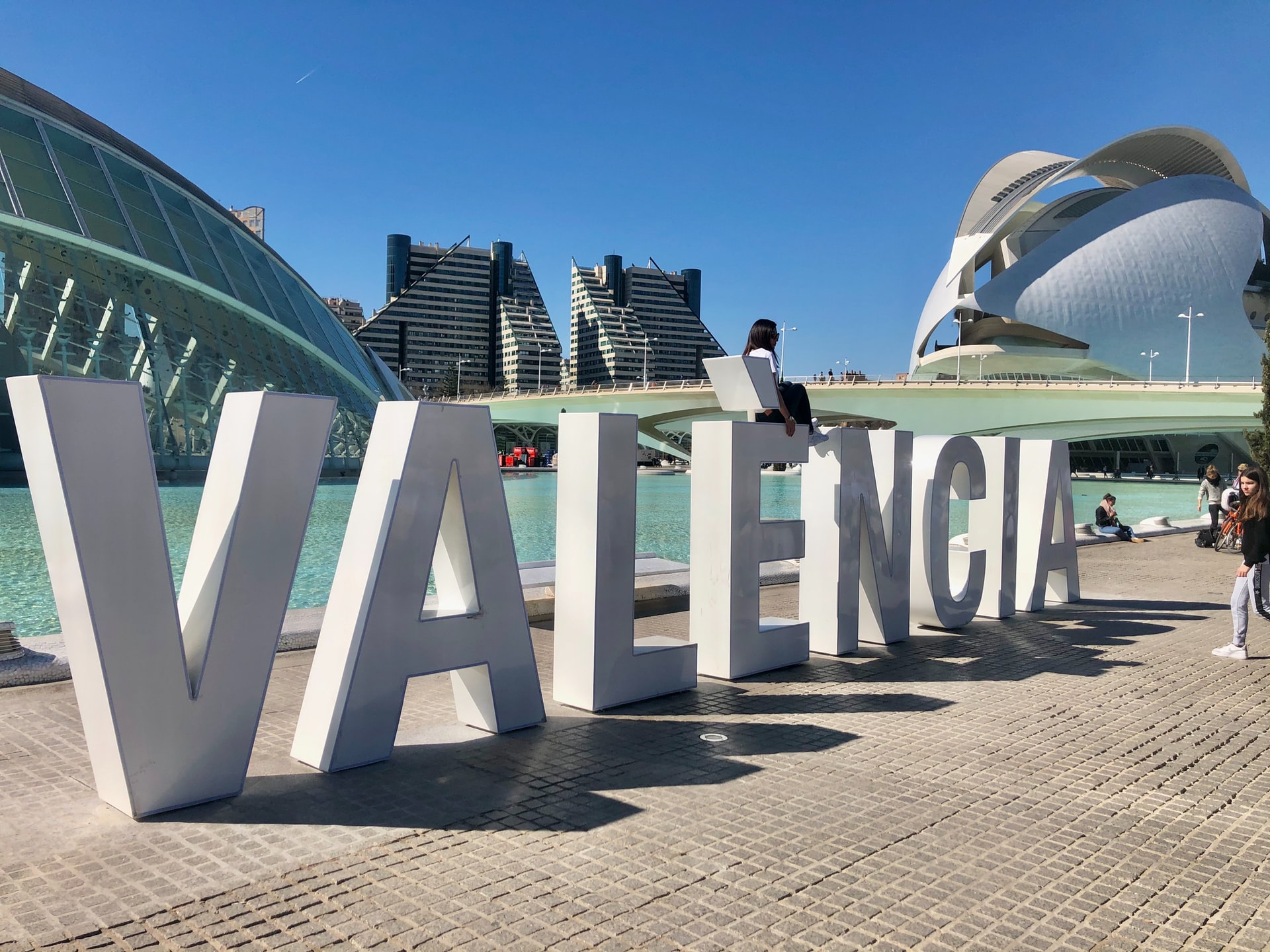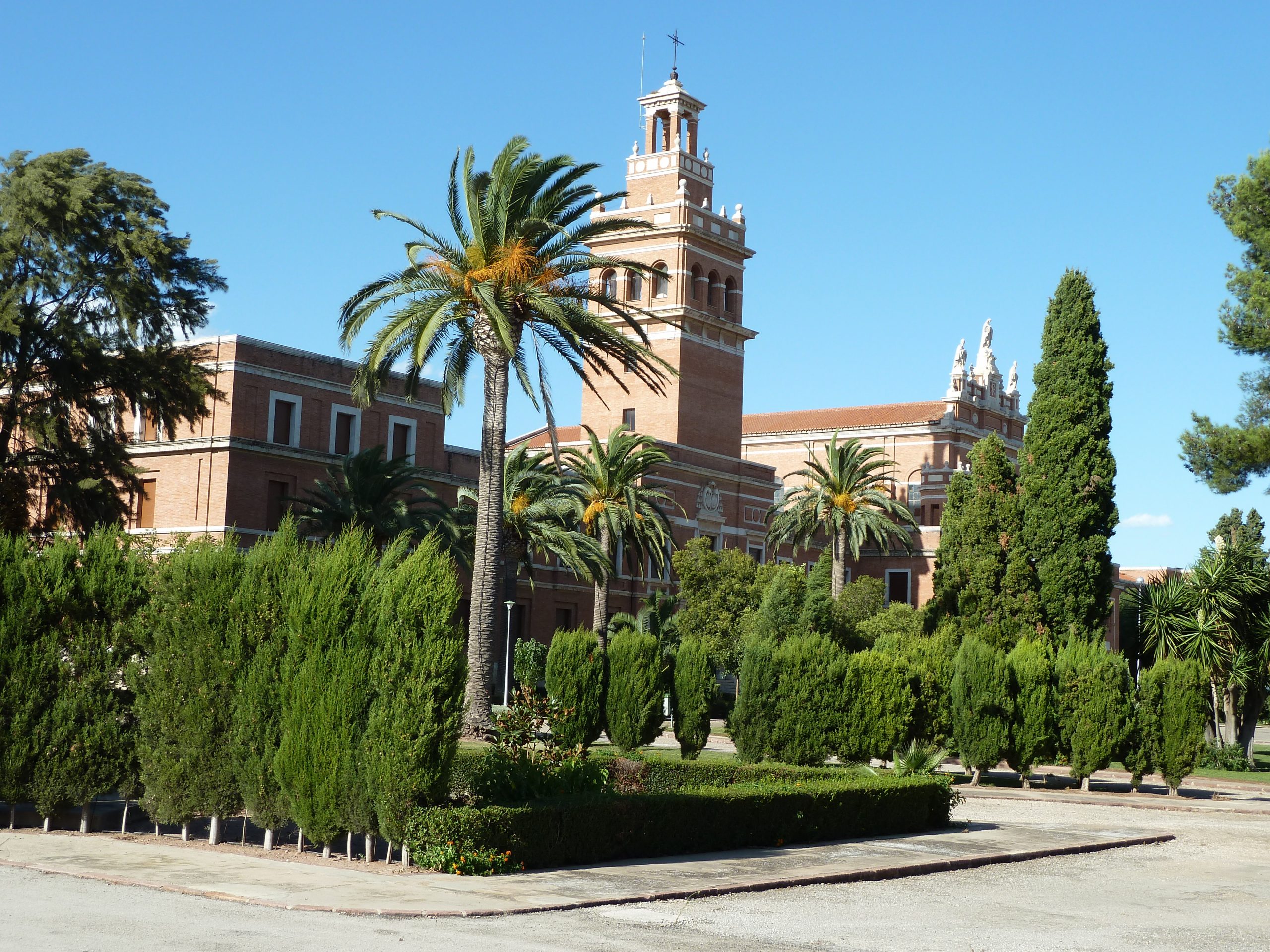As we all know, the best way to choose today is to share your experience and opinions. That’s why we asked Emma, a student accompanied by Expat Student in 2021, to share with us her journey to her veterinary studies in Spain.
Interested in studying medicine abroad? Read our article Health studies in 2022: what opportunities in Europe to become a doctor or a veterinarian?
Veterinary studies in Spain: back-to-school in Valencia
After applying to study Veterinary Medicine with the help of Expat Student, I was delighted to be accepted at the Cardenal Herrera Veterinary School (CEU) in Valencia, a relief that marked the beginning of a new stage in my life.
First step to study abroad: find a place
Once we had done all the formalities required by the faculty, we started the search for a shared flat: the phone calls and emails to real estate agencies in Moncada and Alfara del Patriarca were endless. Not to mention checking the Facebook group run by students who regularly put up flat-sharing ads. After hours of searching, even days or weeks, I was very happy to finally find my roommates and the flat where I was going to spend my first year.
Just like students from other schools, we had the right to have an open day (beginning of July) which allowed us to visit the premises: classrooms, laboratories, veterinary hospital. This visit also allowed us to prepare a nice little trip to Valencia to discover the city where we were goend five years of our lives!
Moreover, all international students benefit from an arrival package including Spanish lessons, a taxi ride, a night in a hotel paid by the faculty but also a sim card already loaded and a metro card! A very good way to start my veterinary studies in Spain.
First steps for my veterinary studies in Spain
We arrive at the most anxious moment for me, the day of departure, leaving to live in a foreign country without one’s family seems insurmountable at this time, but let’s put it into perspective: a flight from Valencia to Paris is quickly found!
The beginning of the school year in a faculty of this type is quite special and on a completely different level from the beginning of high school.
All the international students were invited to a huge conference room where the presentation of the school would begin, a first step in this big world.
It was an opportunity to meet the people I had met during the cultural immersion days a few days before.
During the first day of school, which only concerned my class, I learned about the subjects and blocks of subjects on which my first year would be based.
Anatomy, physiology, histology, biochemistry, botany and anthropology…
This meeting was a way to meet our teachers before starting the serious things, we were given explanations of the contents of each subject but also concerning the modalities of the exams (which mark we had to have in order to validate the exam and which mark to validate the block).
During this big meeting, the teachers made a good impression on me: kind, attentive to our questions… I was not mistaken.
Get the rhythm of university abroad
As a young student just out of High School, the first week of classes was rather complicated: how to take notes of the lessons? How to make flashcards? A whole bunch of questions that were running around in my head about a new working method…
Once this first week was over, the practical work could begin, once the administration had set up the lists of practice groups and we had got used to the new systems in place.
Thereafter the schedule was busy: between 3 and 4 practical per week (in the morning) and lectures, seminars and workshops in the afternoon and evening.
Practice to give meaning
Talking about these practices, my friends and I are unanimous in saying that practicals allow us to give meaning to our studies and to visualize what we are working hard to achieve. Of course, some practicals will be less interesting than others or more difficult to understand and learn, but the variety of these makes us realise that the veterinary profession touches on everything. Indeed, we had some in botany, histology, anatomy, immunology, physiology, zoology, chemistry, ethnology, ethology etc.
The most important thing for me in terms of the manipulations we were able to do was the fact that the faculty has a hospital and a farm where we learned how to handle chickens, how to catch and drop sheep for a clinical examination, how to identify the external and internal anatomical structures of dogs, cows or horses.
Outside the courses, the faculty organises conferences with veterinarians from all over the world, such as: wildlife with a veterinarian who worked in the Biopark and at the Oceanografic in Valencia, with a Mexican veterinary surgeon, with French veterinarians working in emergency medicine and with companies such as Royal Canin.
Within the faculty, several student clubs exist, and I joined the “equine medicine” club with sports medicine as my main interest. So the main goal was to be surrounded by students from other years who shared their knowledge, to speak Spanish and to listen to lectures.
Furthermore, with this club we had the chance to meet an equine osteopath who was also doing hydrotherapy: an afternoon full of exchange and learning.
Quality of teaching: the main argument for choosing veterinary studies in Spain
Now let’s talk about one of the most important points: the teachers.
As mentioned before, it is true that the support they provide is amazing, they are always ready to listen to us and to answer our questions by email at any time or to call us! We are not numbers, on the contrary, they know the first name of every student in the class.
The same goes for the guidance counsellor, who organises group sessions, but we can also make personal appointments to talk about work methods, stress, etc.
Thank you Expat Student !
To sum up, I didn’t regret for a single second to have applied to this school, you learn so much about your future job but also about people and yourself and in good conditions! Thank you Expat Student for helping me pursue my dream of studying Vet Med at CEu Cardenal Herrera in Valencia, Spain
Are you interested in this testimonial on veterinary studies in Spain and would you like to learn more about health studies in Spain? Check out our blog or contact Expat Student for personalised advice on how to enroll in the university of your dreams.














